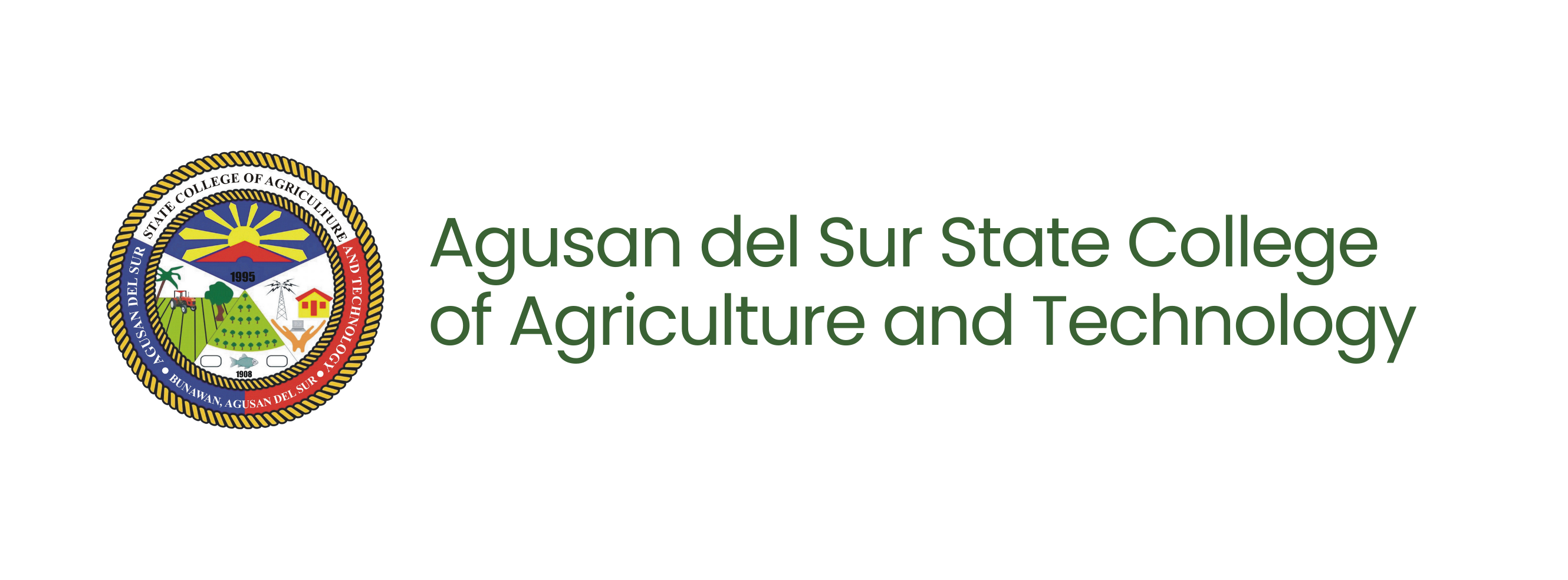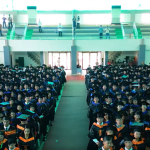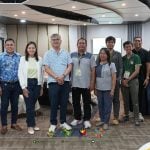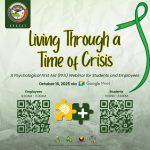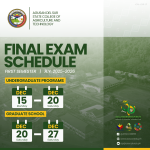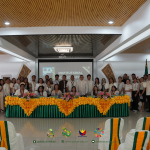ASSCAT Strengthens Academic Ties with Sulu State College Through Impact Assessment Training
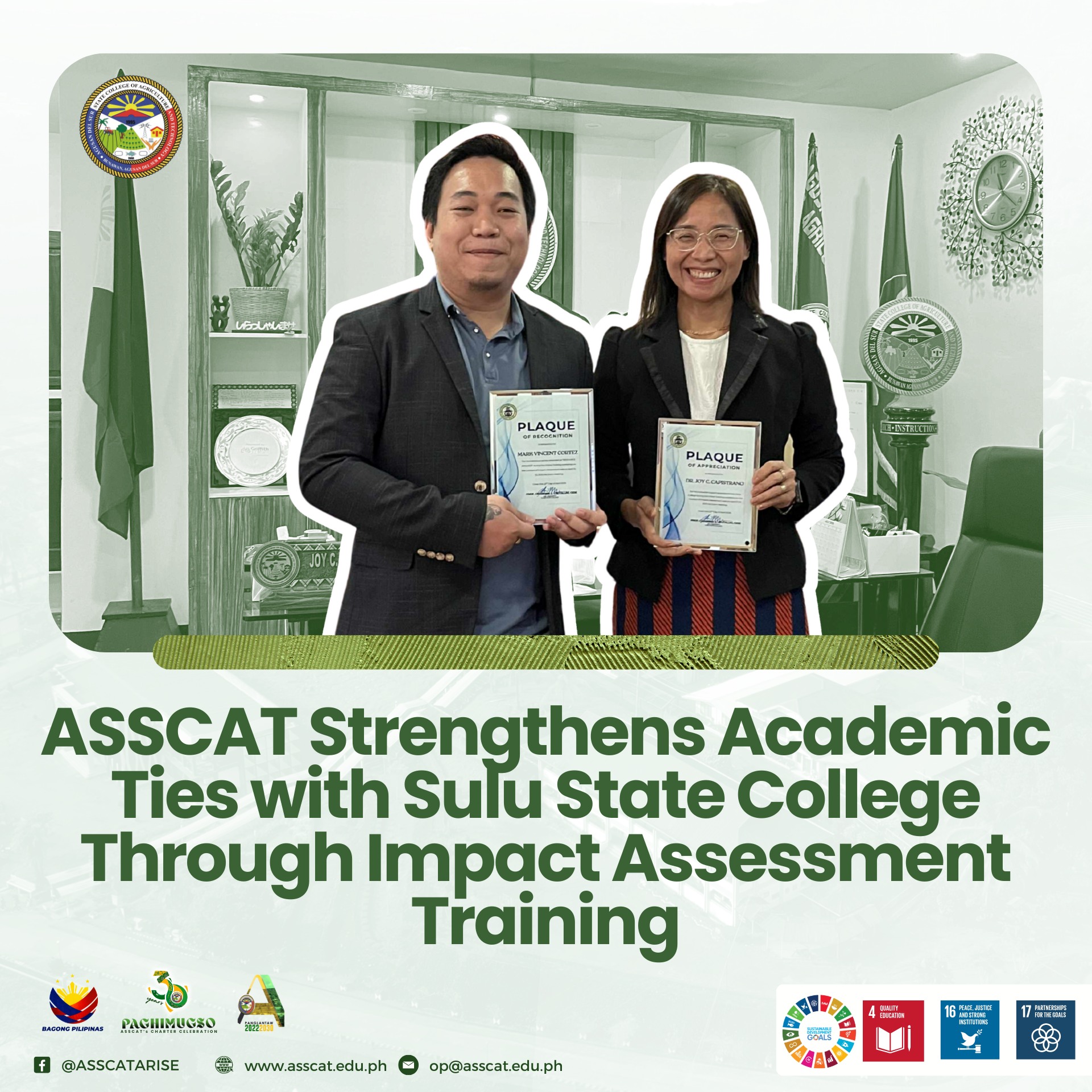
Read More ...
The Agusan del Sur State College of Agriculture and Technology (ASSCAT) led a two-day Online Training-Workshop on Impact Assessment in partnership with Sulu State College last April 21–22, 2025 via Zoom. The collaboration reflects both institutions’ shared goal of raising the bar in research and strengthening faculty and staff capabilities.
The training was designed to enhance participants’ understanding of impact assessment as a vital tool in evaluating the effectiveness and sustainability of academic programs and institutional initiatives. Faculty and staff from both colleges engaged in hands-on sessions that translated theory into practice — equipping them with real-world strategies that can lead to better outcomes on the ground.
Serving as resource speaker was ASSCAT Associate Professor IV Mark Vincent Cortez, whose expertise and practical insights anchored the workshop. He was awarded a Plaque of Recognition for delivering the sessions with clarity, depth, and relevance.
ASSCAT President Dr. Joy C. Capistrano was also honored with a Plaque of Appreciation for her instrumental support in realizing the activity. Her leadership continues to guide the college’s mission to extend academic services beyond its borders and build strong institutional alliances.
This engagement with Sulu State College is part of ASSCAT’s broader commitment to fostering a research culture that is inclusive, responsive, and grounded in shared learning. Through collaborations like this, the college reaffirms its role as a proactive force in advancing the quality of education and public service across state colleges nationwide.
In support of the United Nations Sustainable Development Goals (SDGs), the initiative contributes meaningfully by enhancing teaching and research capacity, through institutional collaboration, and by promoting evidence-based evaluation and stronger academic governance.
